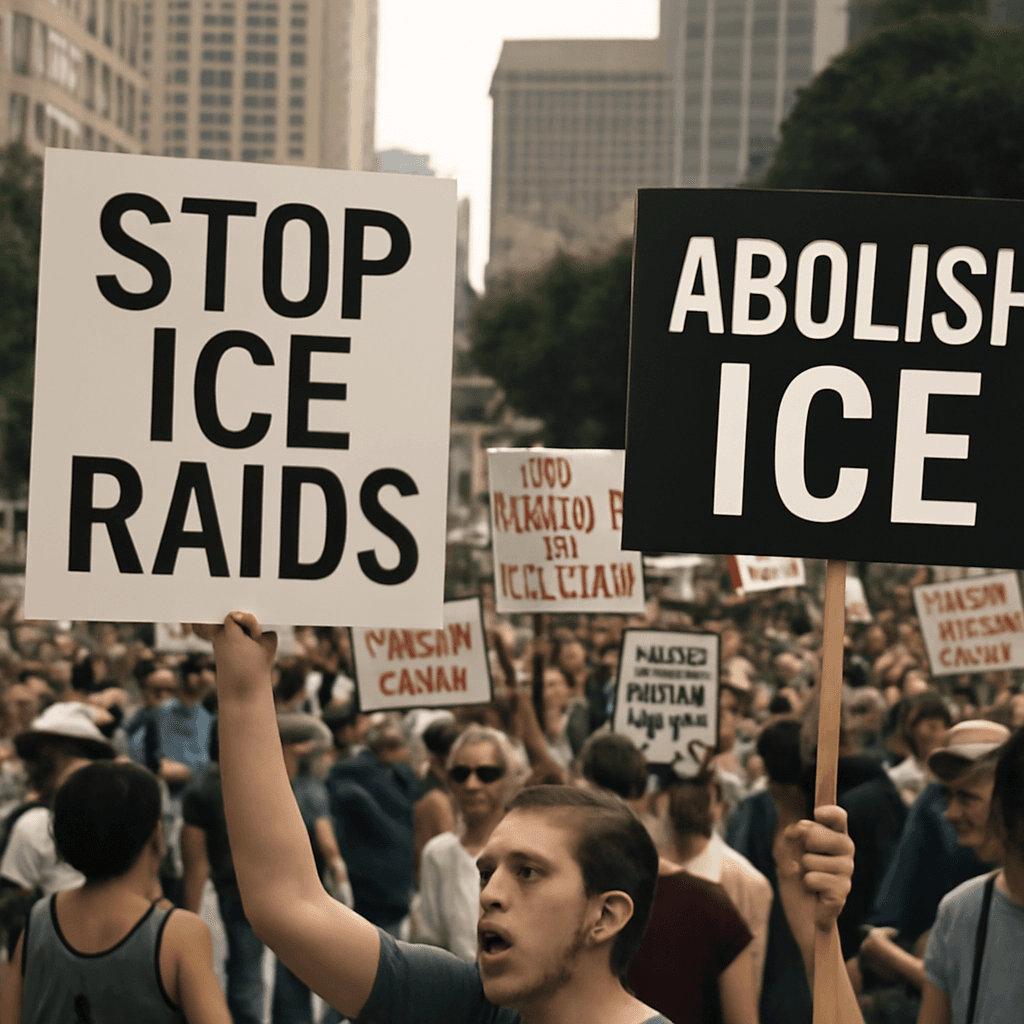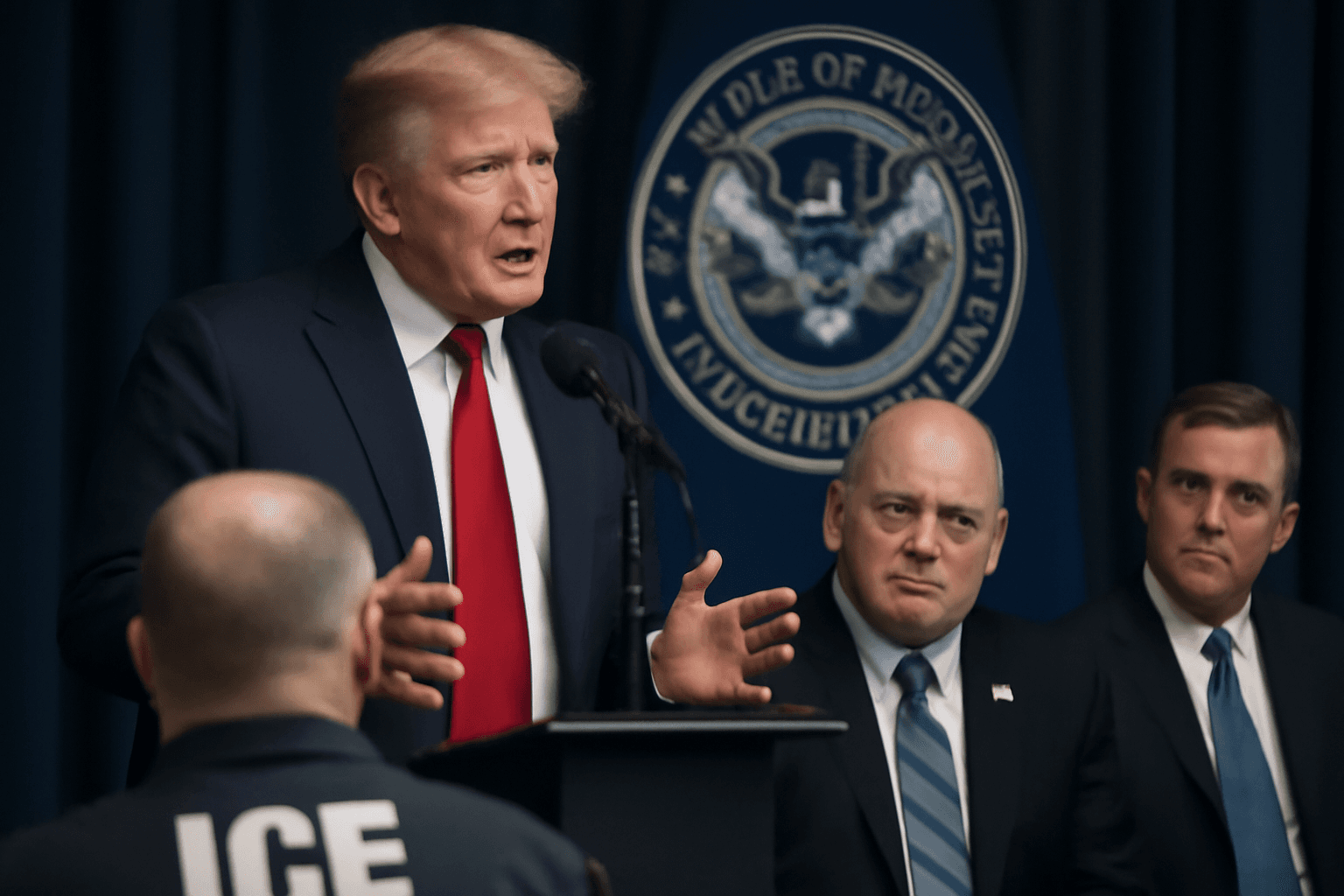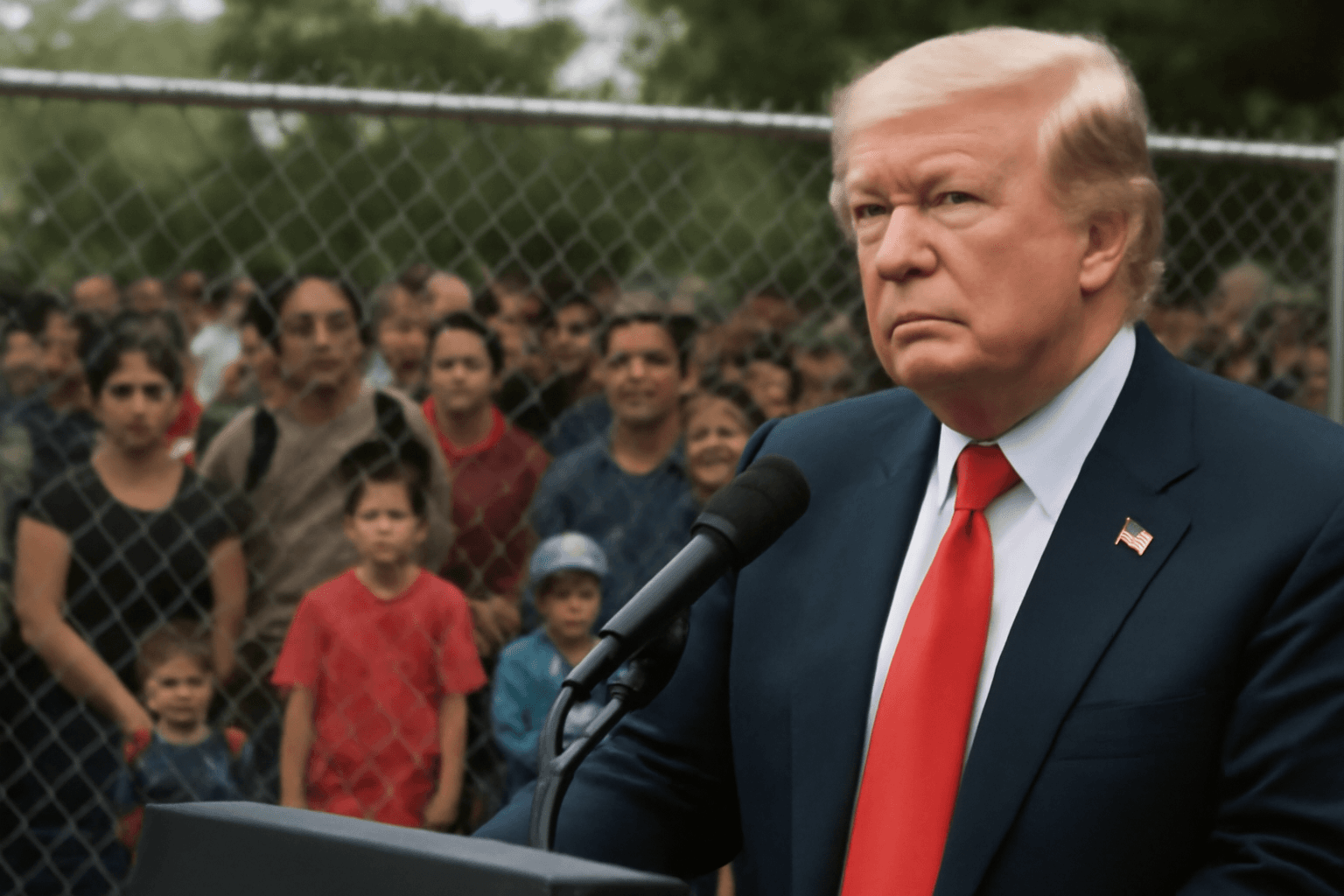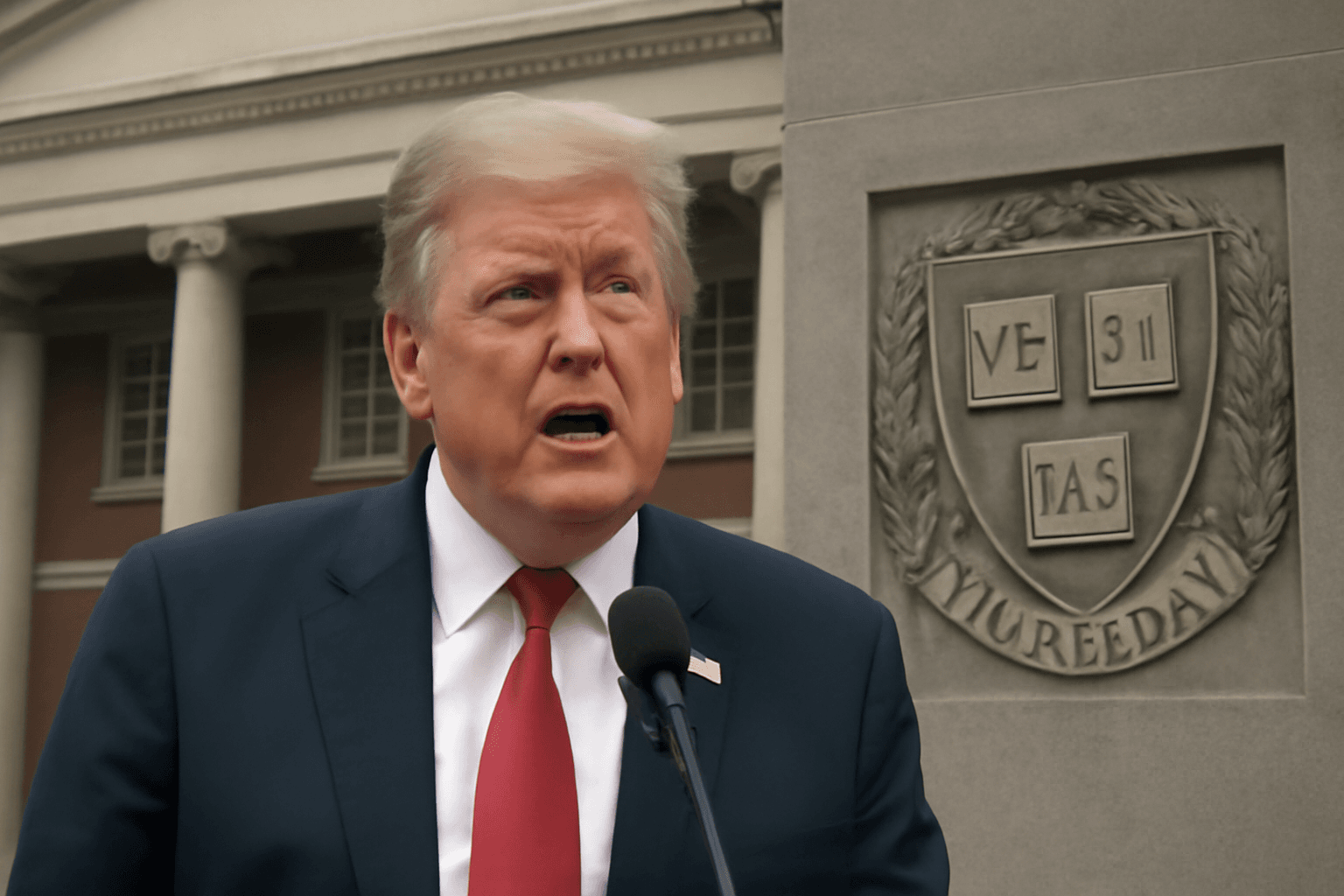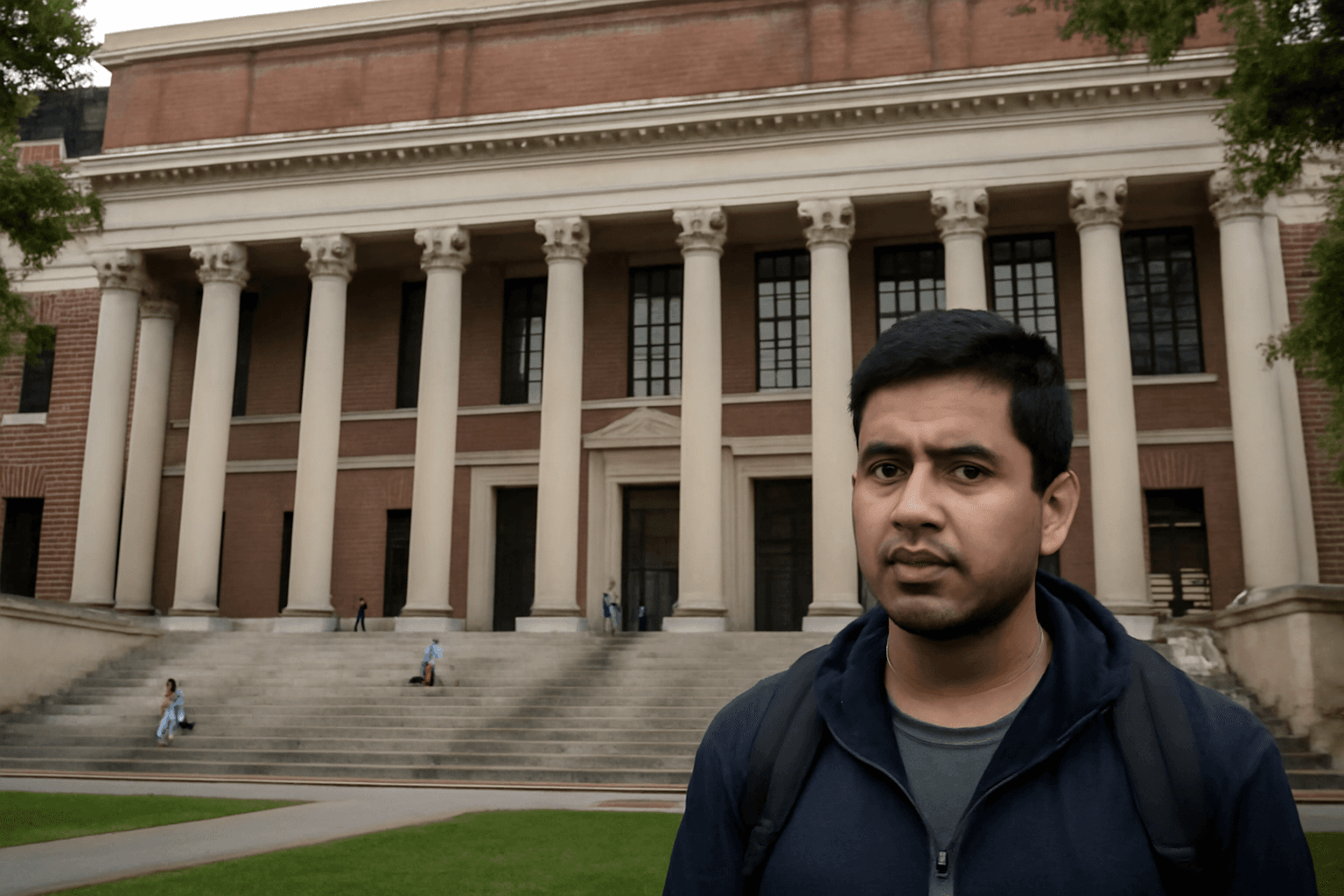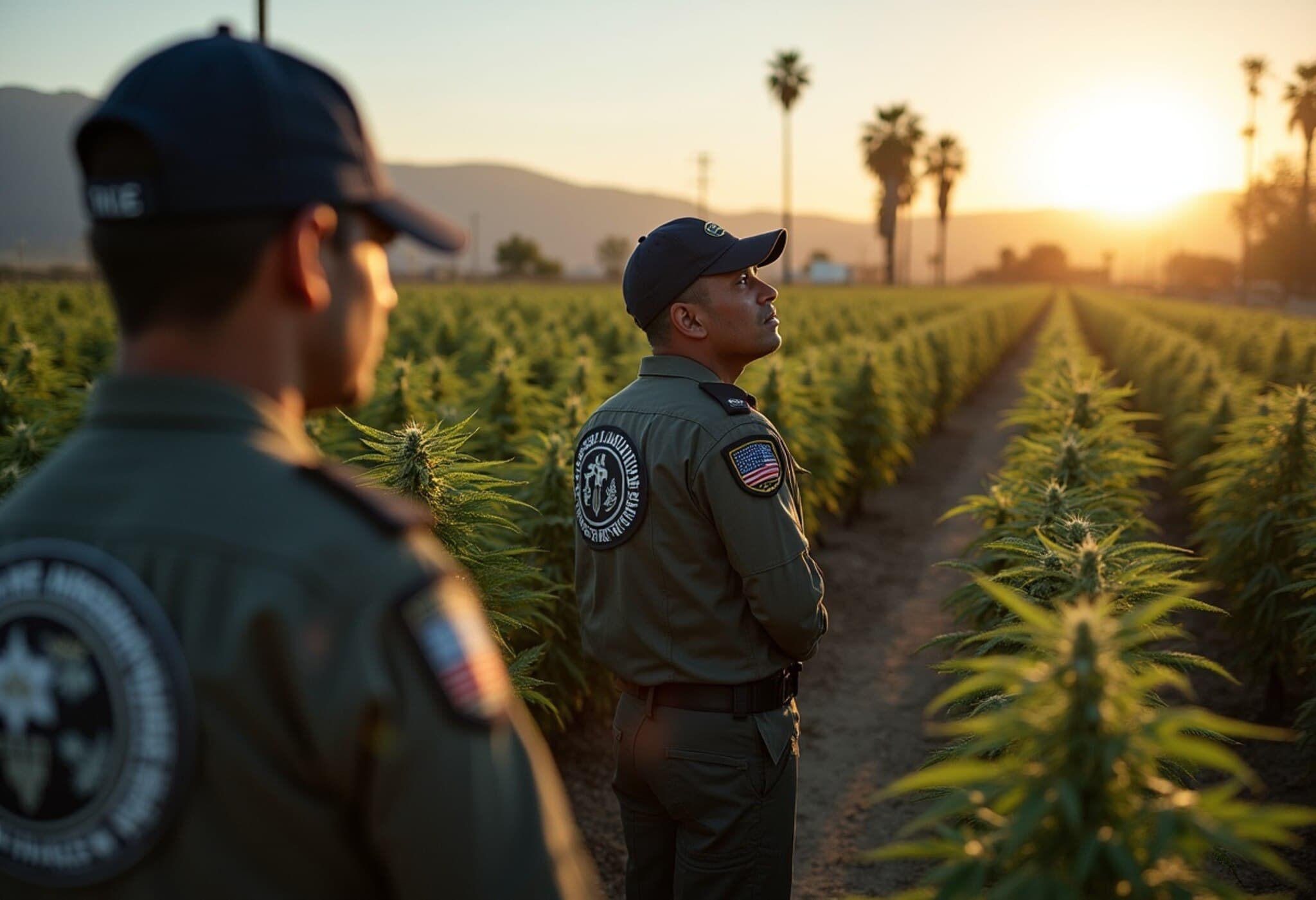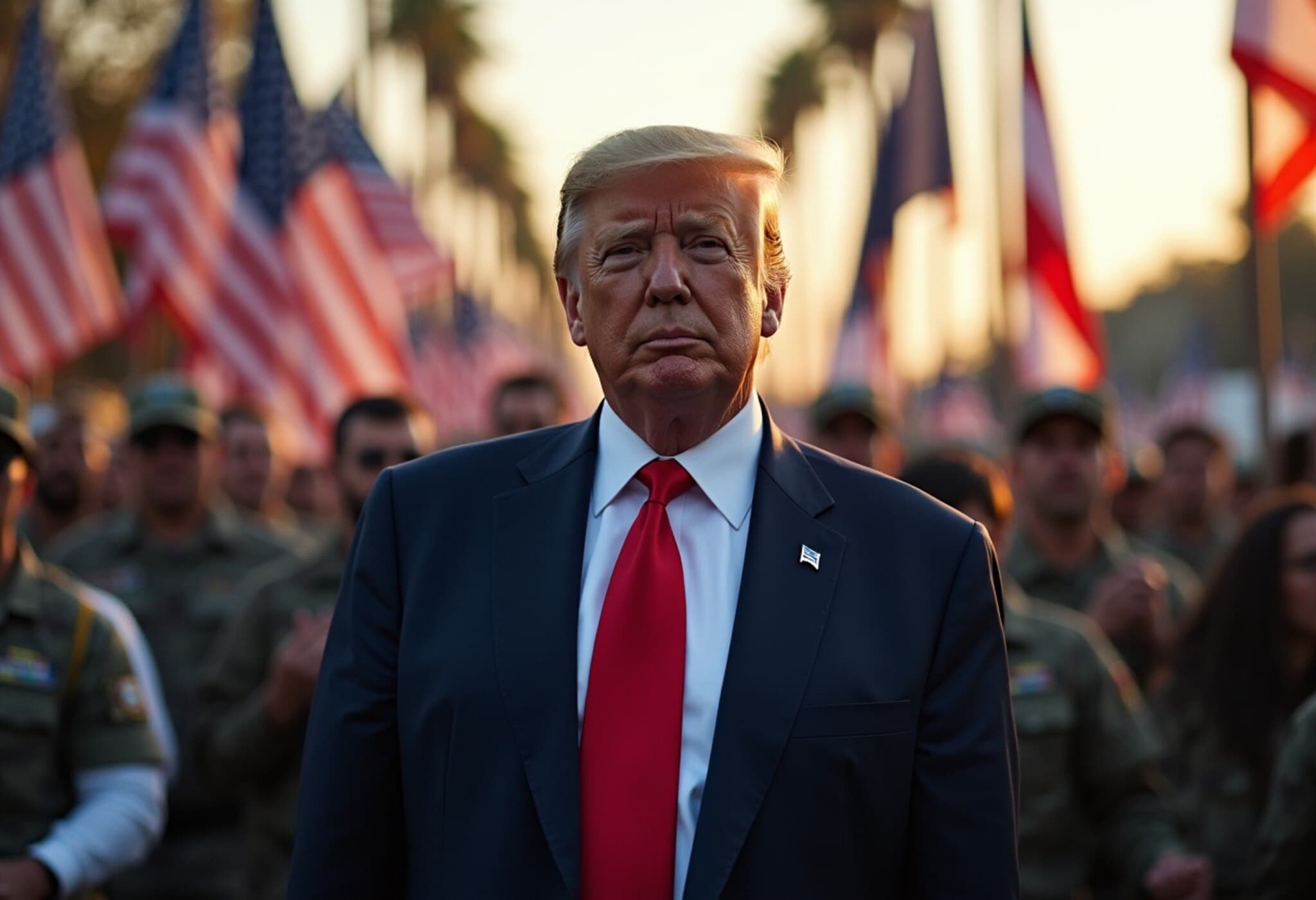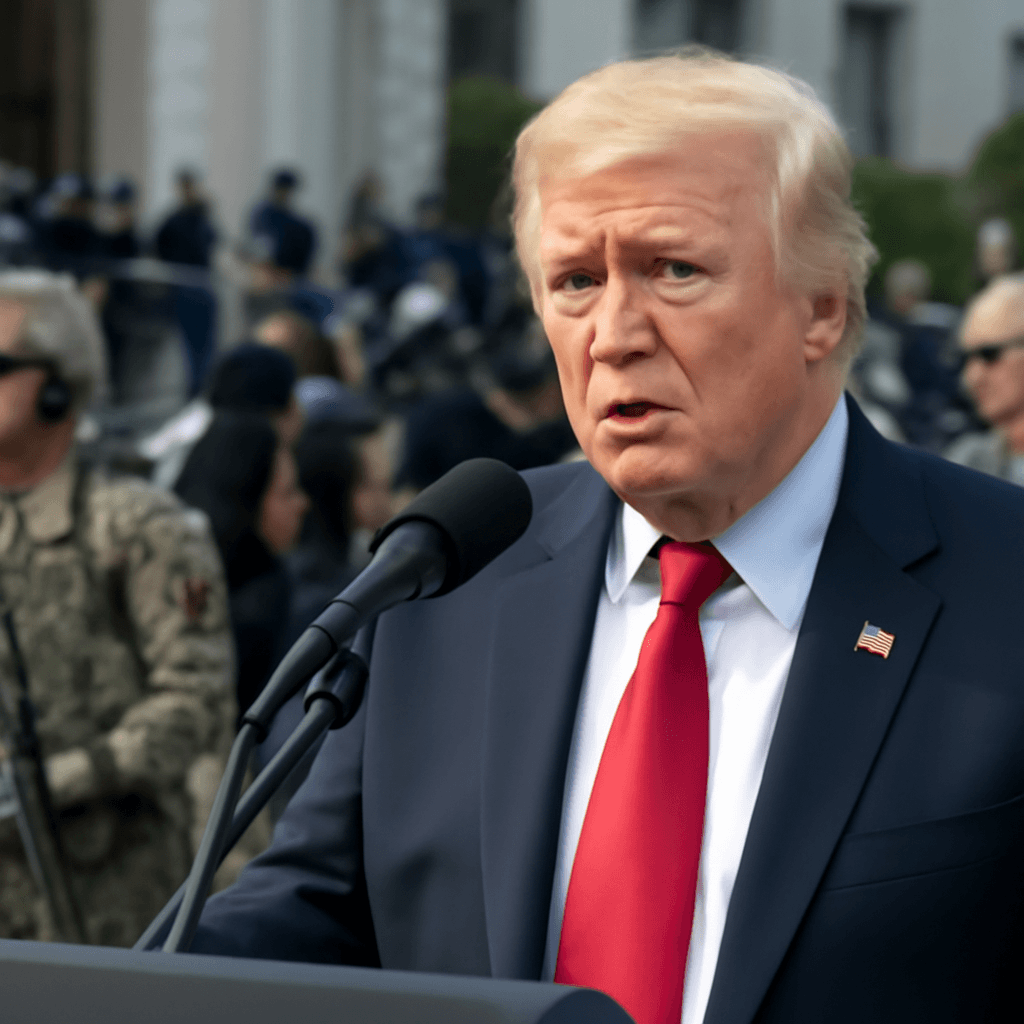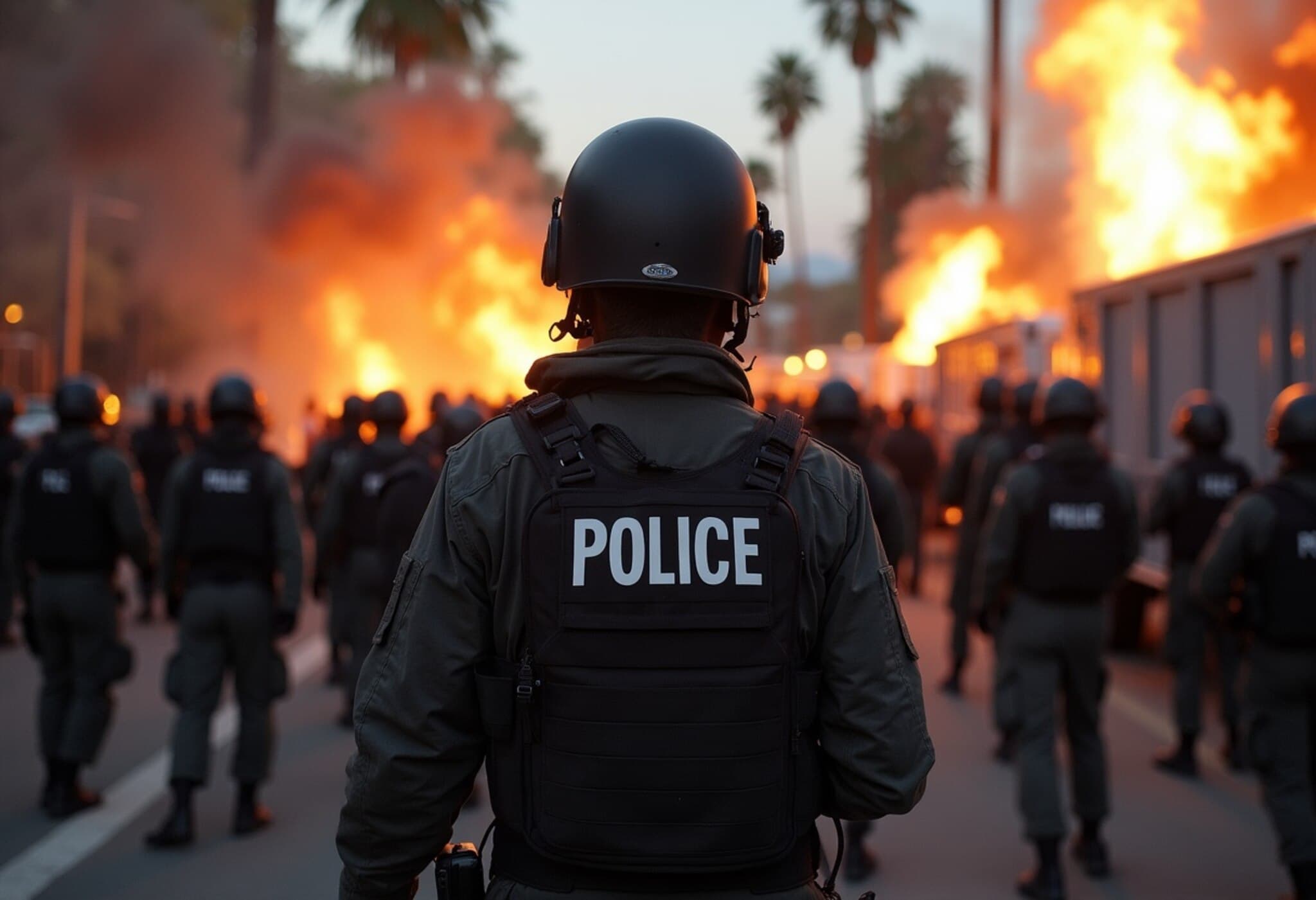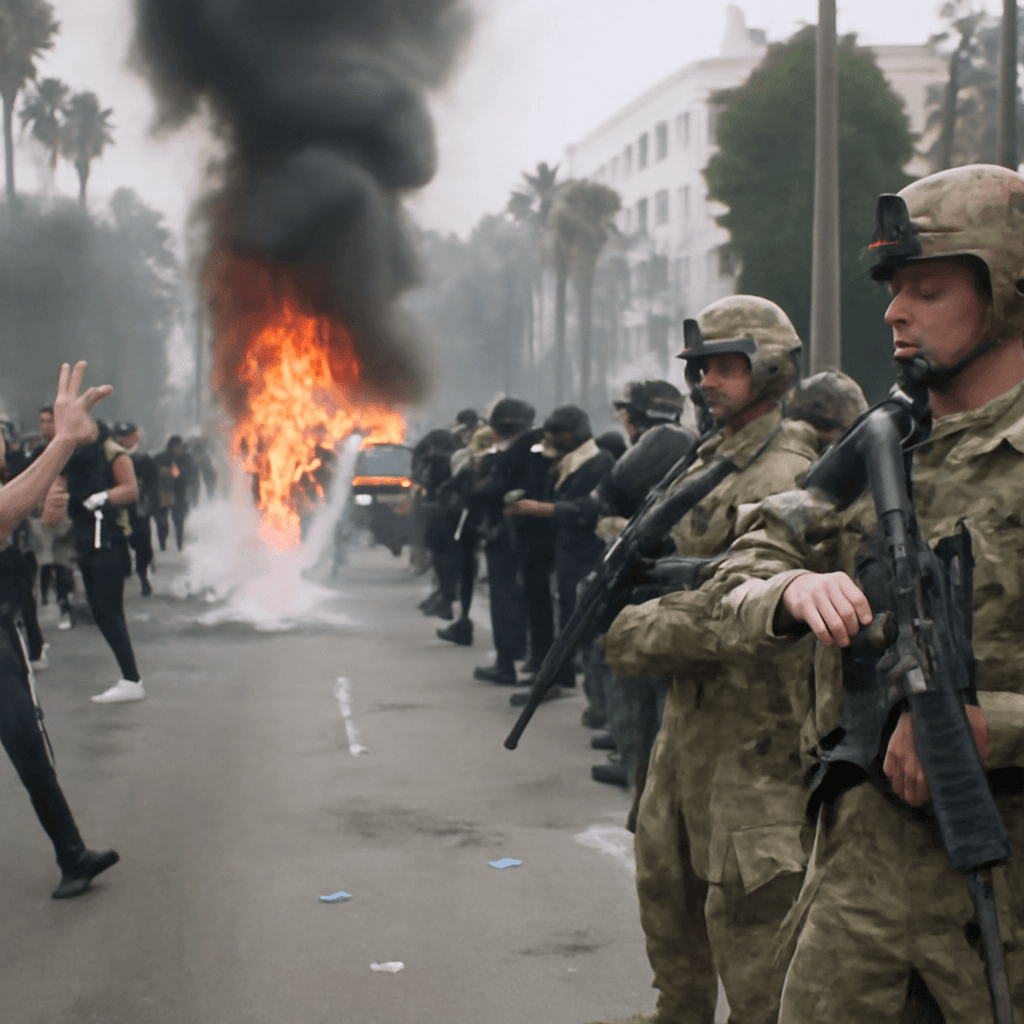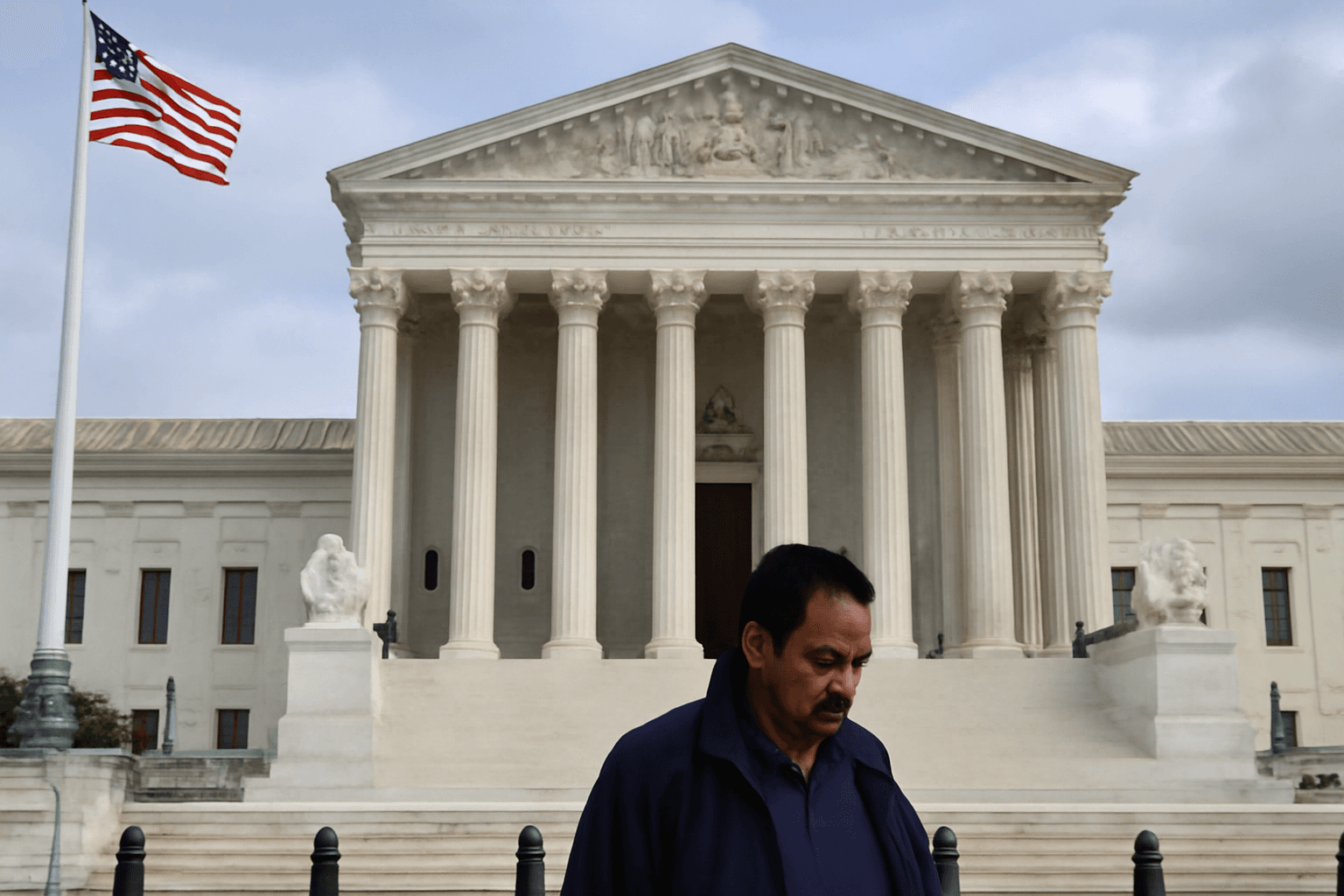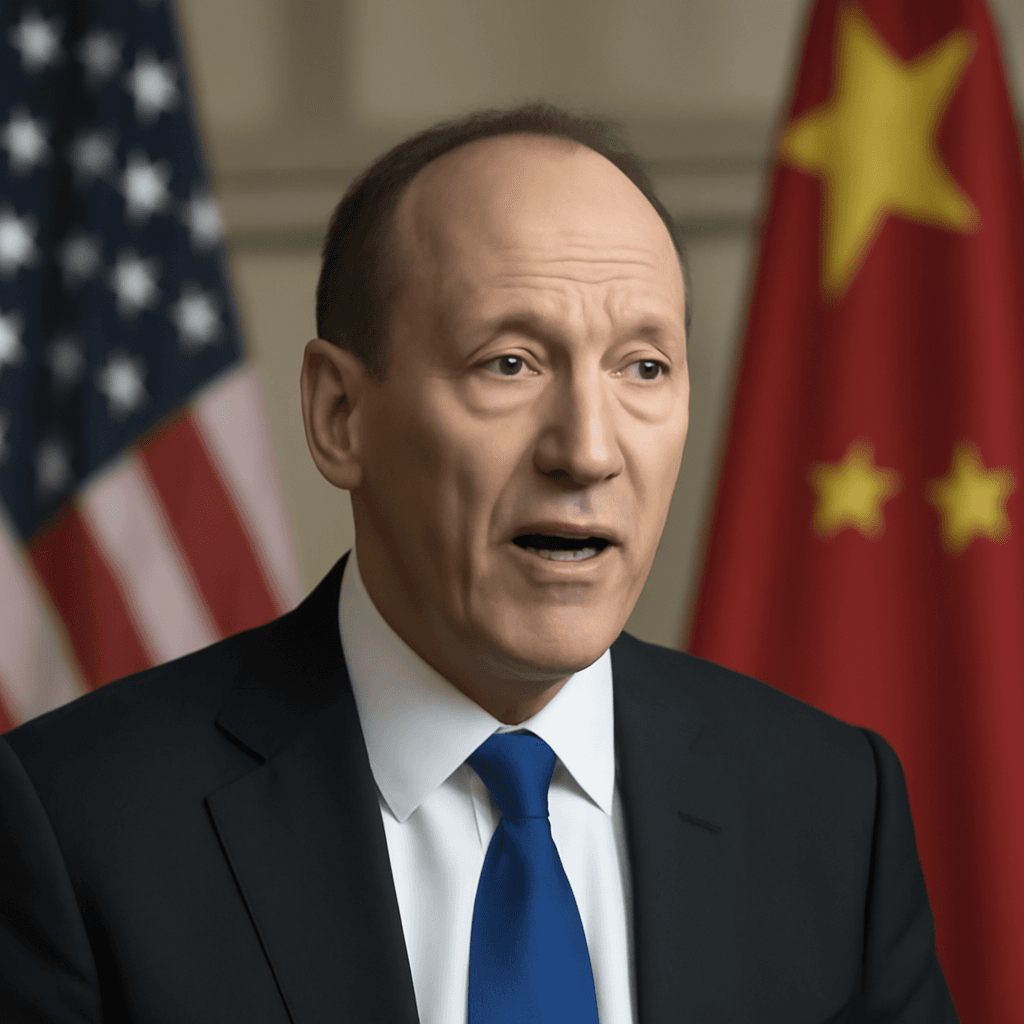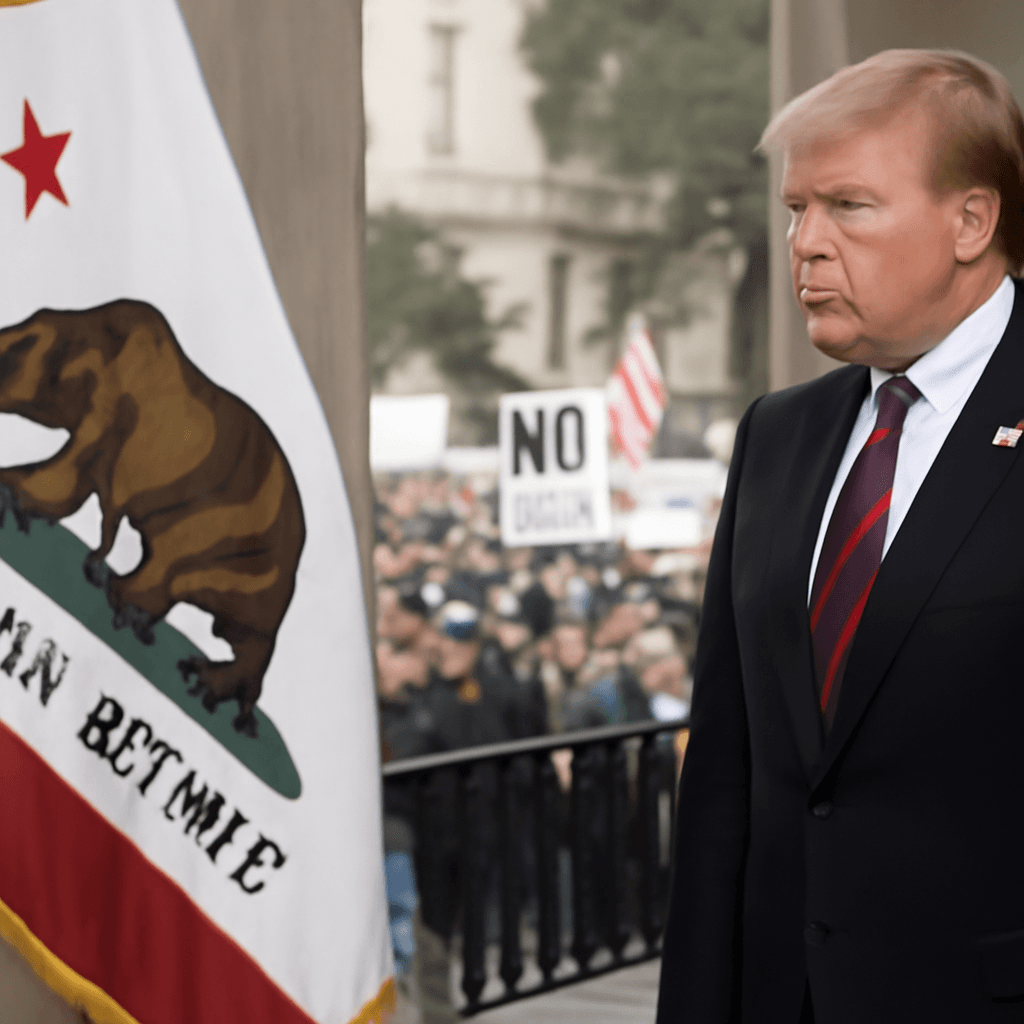Widespread Protests Erupt Across US Over Planned ICE Raids
Protests opposing immigration raids have rapidly spread across the United States after initially breaking out in Los Angeles. Demonstrators have taken to the streets in major cities including Seattle, Austin, Chicago, and Washington, D.C., voicing strong opposition to the Immigration and Customs Enforcement (ICE) operations outlined by the current administration.
Peaceful Marches and Rising Tensions
Many protesters have gathered outside federal buildings and blocked roadways, holding anti-ICE signs and calling for an end to the aggressive immigration enforcement policies. While most demonstrations have remained peaceful, some have escalated, leading to confrontations with law enforcement, who have responded with chemical sprays and made multiple arrests.
Trump Confirms Nationwide Immigration Crackdown
President Donald Trump has confirmed that the strict immigration actions enforced in Los Angeles will extend across the country. Speaking about the raids targeting individuals with criminal records, he stated, "We’re moving murderers out of our country who were put here by Biden. We’re not going to let them stay." He warned that any unrest during these operations will be met with equal or greater force.
Activists Mobilize for Larger Demonstrations
Activist groups have announced plans for expanded protests in the coming days, including nationwide "No Kings" events scheduled to coincide with a planned military parade in Washington, D.C. on Saturday. These gatherings aim to challenge the administration's immigration agenda and advocate for immigrant rights.
Government Vows to Proceed Amid Backlash
Despite the growing public resistance, the Trump administration remains committed to its aggressive immigration enforcement strategy. Homeland Security Secretary Kristi Noem reaffirmed the government's stance, declaring on social media that ICE will continue to enforce the law and carry out planned raids and deportations.
What’s Next?
As protests continue to gain momentum and legal challenges arise, the nation faces a critical juncture in its approach to immigration policy. With tensions running high, both advocates and officials brace for the next wave of actions and responses.

